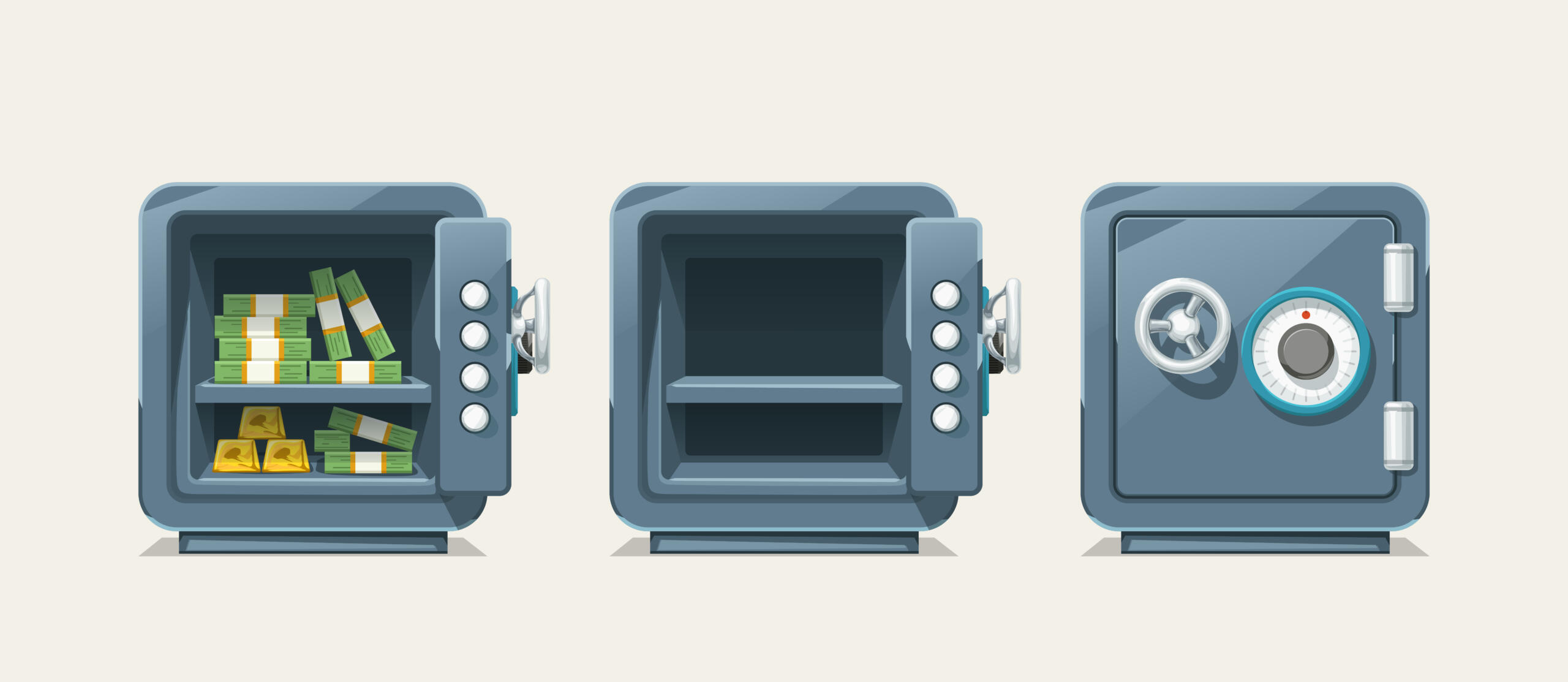Introduction: Protecting Your Investments with the CDIC and CIPF
Financial security is a top priority for Canadian investors so understanding the safeguards in place to protect your investments will give you piece of mind. Two key organizations play a significant role in safeguarding Canadian’s deposits and investments: the Canadian Deposit Insurance Corporation (CDIC) and the Canadian Investor Protection Fund (CIPF).
This article will explore the roles of CDIC and CIPF, highlighting the differences and benefits each provides.
CDIC: Ensuring Deposit Security at Canadian Financial Institutions
Established in 1967, the CDIC is a federal Crown corporation that insures eligible deposits at its member financial institutions, providing a safety net for depositors in case of a member institution’s failure.
CDIC covers various types of deposit accounts, including savings accounts, chequing accounts, term deposits and GICs(Guaranteed Investment Certificates) with original terms to maturity of five years or less. The coverage limit is up to $100,000 per insured category at each CDIC member institution. Some common insured categories include deposits held in one name, and joint deposits in trust.
It’s important to note that CDIC does not cover investments such as stocks, bonds, or mutual funds. Additionally, deposits made with non-member institutions or in foreign currency are not insured.
CIPF: What is the Canadian Investor Protection Fund?
The CIPF, established in 1969, is a not-for-profit organization that protects investors’ assets in case a member investment dealer becomes insolvent. CIPF is funded by its member firms, which include most investment dealers in Canada. The Investment Industry Regulatory Organization of Canada (IIROC) requires its members to join the CIPF, offering a layer of protection for clients.
CIPF provides coverage for various investment assets, including cash, securities (stocks, bonds, and other instruments), and certain investment funds. The coverage limit is up to $1 million for a combination of cash and securities held in each of the general and separate accounts. A separate account is one held in a different legal capacity, such as a registered retirement savings plan (RRSP) or a tax-free savings account (TFSA).
CIPF does not cover losses resulting from market fluctuations, investment dealer misconduct, or the default of an issuer of securities. Moreover, it does not insure the value of the investments themselves.
Conclusion: Protecting Your Investments with the CDIC and CIPF
While CDIC and CIPF serve different purposes, they share a common goal: to protect Canadian investors and maintain confidence in the financial system. CDIC ensures the safety of eligible deposits at its member institutions, while CIPF safeguards clients’ assets held by member investment dealers in case of insolvency.
Before opening an account or making an investment, it’s essential to verify whether the financial institution or investment dealer is a member of CDIC or CIPF, respectively. By understanding the roles and protections provided by these organizations, you can make informed decisions and have peace of mind knowing your hard-earned money is secure.
For more informative articles on personal finance, money management and general money knowledge, click here to see the Modern Money Research Teams full article portfolio!

